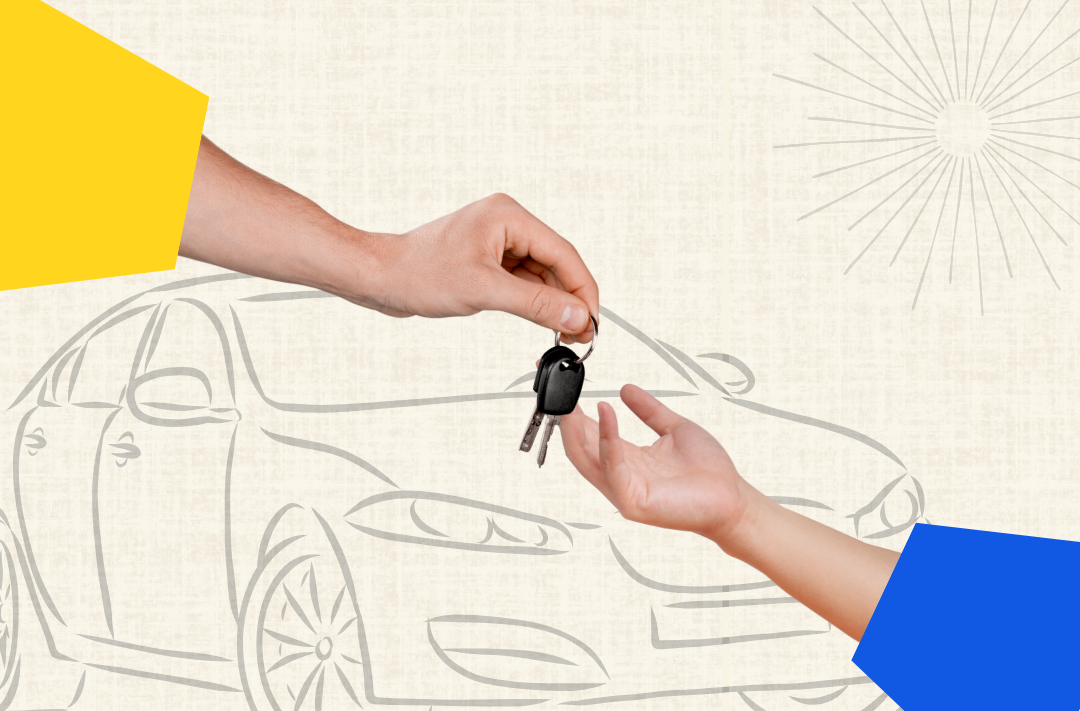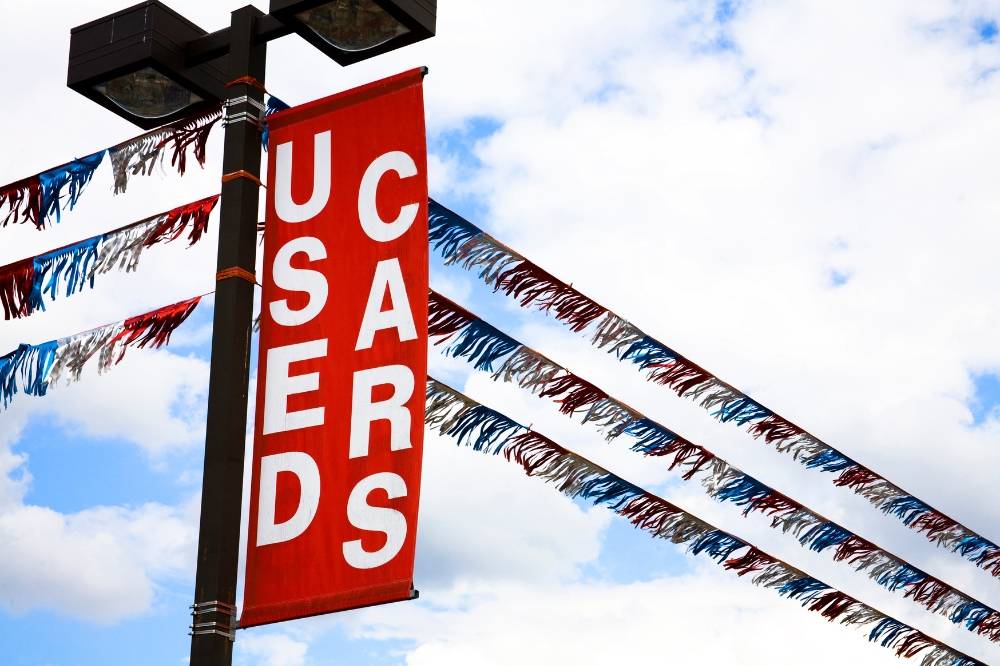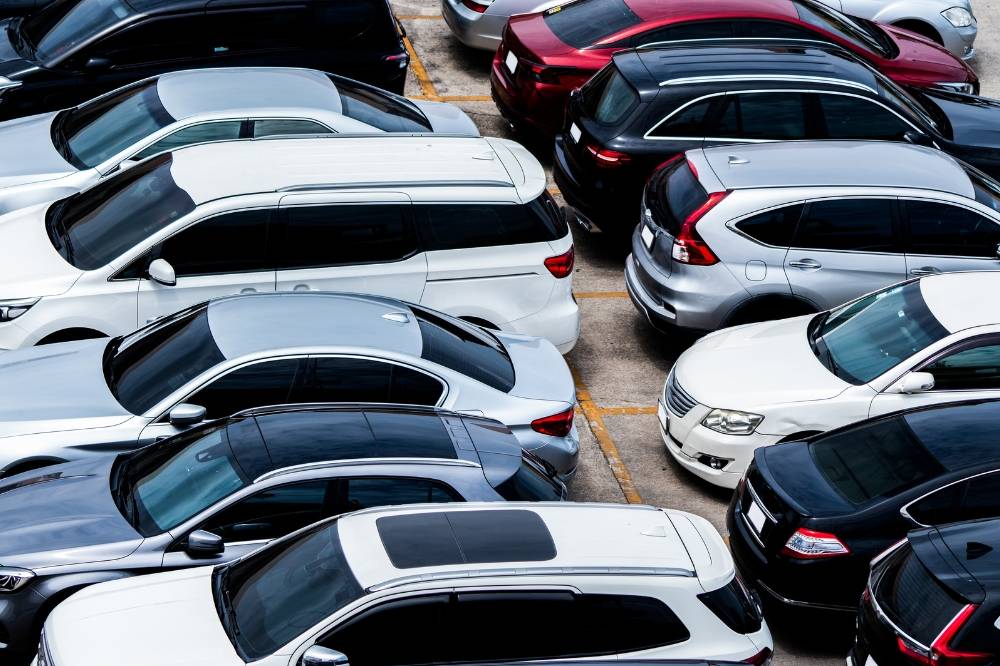
SHAH ALAM – Along with this increasing expenses associated with car ownership in Malaysia Experts are recommending that Malaysians from lower- and middle-income backgrounds explore options such as leasing or purchasing used cars instead.
The question then becomes: which offers better value, flexibility and long-term peace of mind?

Specialists mentioned that there isn’t just one straightforward response; various factors come into play including personal fiscal steadiness, openness within the pre-owned vehicle sector, as well as consumer safeguarding regulations.
Piston.My Managing Editor and motoring expert, Keshvinder Singh Dhillon said that car leasing presented a practical alternative given the high costs of car ownership in Malaysia.
Although not always less expensive than purchasing outright, leasing provides flexibility that extended loan terms can't offer.
Leasing a car for one to three years enables people to choose a larger or smaller vehicle based on their present requirements.
It likewise offers a way out during tough financial periods, like losing your job, without having to sell a vehicle or keep up with long-term payments. In contrast to banks, lease firms usually provide a more straightforward and hassle-free return procedure.
"This method might particularly assist those households who are already struggling with their finances," he stated to Sinar Daily upon being reached out to.
Even though leasing has its attractions, pre-owned vehicles were still the top choice for Malaysians aiming to bypass the steep initial expense of new models.
Keshvinder points out that Malaysia boasts a lively and competitive pre-owned car market.
"Thanks to the easy availability of spare parts from countries like Thailand, Japan, China and parts of Europe, as well as a robust network of skilled workshops, owning and maintaining a used car can be a practical alternative.
"However, buying second-hand requires careful financial planning. Without the safety net of a manufacturer’s warranty, buyers must be prepared for repairs and unexpected issues.
"Luckily, services such as Puspakom inspections along with third-party used car warranties provide certain protections; however, warranty conditions might differ," he mentioned additionally.
Despite this, confidence in the used car market continued to drop, especially after the recent flooding in Malaysia.
As stated by Law Teik Hua, who leads the Road Safety Research Center at UPM Engineering Faculty of Universiti Putra Malaysia, second-hand vehicles continue to be a preferred option for lower- and middle-income individuals in Malaysia.

Nevertheless, increasing worries about odometer tampering, water damage from floods, and subpar inspection protocols were eroding consumer trust.
This issue has intensified due to the recent floods, with vehicles damaged by water returning to the market without adequate transparency about their condition. In the absence of clear vehicle history reports and improved checking mechanisms, purchasing second-hand cars continues to be perilous, thus putting cost-aware consumers at risk.
"This highlights a crucial consumer protection matter that requires immediate consideration," he further stated.
The two specialists concurred that the administration should have a part in facilitating car ownership.
Keshvinder highlighted that car affordability was not expected to improve substantially as long as automobile sales remained a key contributor to governmental tax income.
“A more realistic path forward lies in enhancing the appeal of alternatives like the second-hand market and leasing options. This includes regulating used car sales, lowering interest rates and introducing laws to protect consumers from defective or flood-damaged vehicles.
"Although advancements have been achieved in enhancing public transportation, the unaddressed first and last mile problem still hinders broader acceptance," he stated.
So, which option was better? The answer hinged on a person’s financial flexibility and risk tolerance.
Leasing could offer predictable costs, fewer long-term commitments and adaptability, making it ideal for those uncertain about future income or transportation needs.
In the meantime, a thoroughly inspected pre-owned vehicle might prove economical in the long run yet came with increased upkeep risks and demanded initial thoroughness.
It was evident that discussions about car affordability in Malaysia should move past mere ownership issues.
Komentar
Posting Komentar